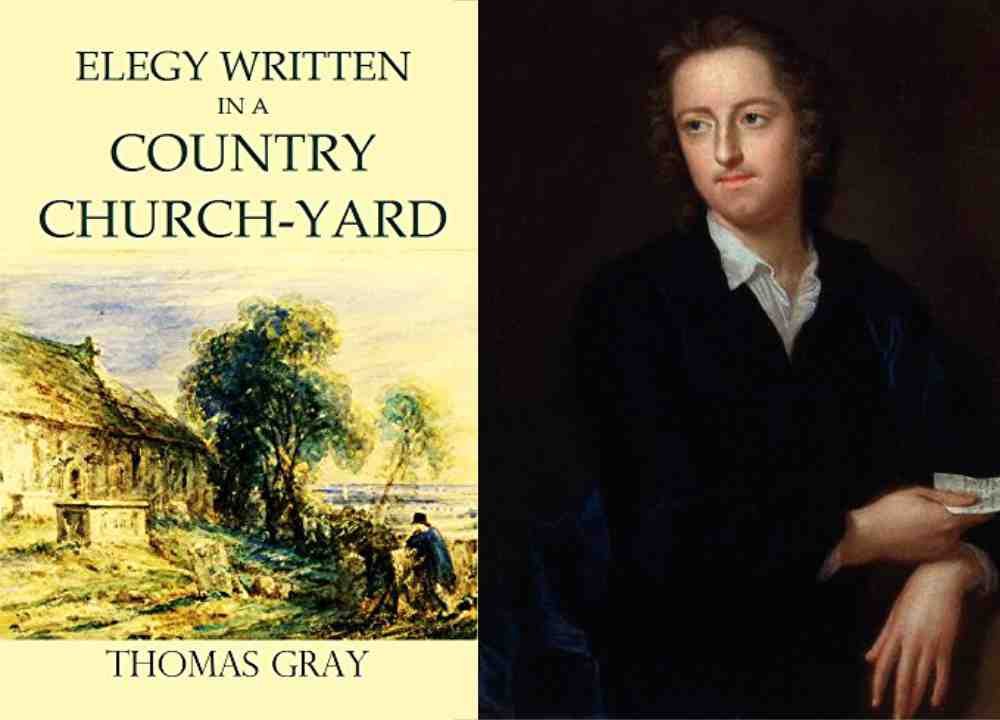William Shakespeare often hailed as the Bard of Avon, is celebrated for his profound contributions to the world of literature. While he is primarily known as a playwright, it’s essential not to overlook his remarkable achievements as a poet. This article takes an in-depth look at William Shakespeare’s poetic prowess, distinctive themes, and enduring influence on the literary landscape.
Table of Contents
Table of Contents
Discuss William Shakespeare as a Poet
William Shakespeare’s poetic journey traverses many themes, emotions, and expressions. Let’s delve into various aspects of his life and poetry that highlight his enduring impact:
Early Life and Influences
Shakespeare’s fascination with language and literature likely stemmed from his childhood in Stratford-upon-Avon. His education exposed him to classical works, and he drew inspiration from ancient Roman and Greek poets like Ovid and Virgil. These early influences laid the foundation for his poetic endeavors.
Sonnets: Capturing Love and Emotion
Among Shakespeare’s most celebrated works are his 154 sonnets. These 14-line poems delve into themes of love, beauty, mortality, and the passage of time. His ability to encapsulate complex emotions within a limited structure showcases his mastery of language and sentiment.

Themes in Shakespearean Poetry
Shakespeare’s poetry encompasses a spectrum of themes, from the ephemeral nature of life and the inevitability of death to the complexities of human emotions. His exploration of contrasting themes, such as love and hate, light and darkness, creates a rich tapestry of human experience.
Innovative Use of Language
Shakespeare’s contribution to the English language is immeasurable. He coined and popularized countless words and phrases that are still used today. His manipulation of language, metaphors, and rhythmic patterns elevate his poetry.
Blank Verse and Iambic Pentameter
Shakespeare’s innovative use of blank verse and iambic pentameter revolutionized poetry. By employing unrhymed lines with a consistent meter, he brought a natural flow to his poems. This technique allowed for both spontaneity and structured composition.
The Dark Lady and Fair Youth
Shakespeare’s sonnets are known for their mysterious dedication to the Dark Lady and the Fair Youth. The identity of these individuals remains debated, adding an air of intrigue to his poetry. The intense emotions conveyed through these sonnets continue to resonate with readers.
Universality of Themes
Shakespeare’s poetry transcends time and place due to its universal themes. His exploration of love, jealousy, ambition, and morality makes his works relatable across cultures and generations.
Impact on Literature and Beyond
Shakespeare’s influence extends beyond the realm of literature. His phrases have become idiomatic expressions, and his works have been adapted into various art forms. His ability to capture the human experience in words solidifies his position as a literary luminary.
Conclusion:
William Shakespeare’s legacy as a poet is as profound as his impact on the theatre world. His poetry continues to resonate with readers and enthusiasts, inviting them to explore the intricacies of human emotions and the complexities of life. Shakespeare remains an eternal source of inspiration and admiration in literature through his sonnets, innovative language use, and universal themes.
Who Was William Shakespeare?
William Shakespeare was an English playwright, poet, and actor widely regarded as one of the greatest writers in the English language. He was born in Stratford-upon-Avon in 1564 and is known for his plays, sonnets, and other poetic works.
What Are Shakespeare’s Most Famous Sonnets?
Shakespeare’s most famous sonnets include Sonnet 18 (“Shall I compare thee to a summer’s day?”), Sonnet 116 (“Let me not to the marriage of true minds”), and Sonnet 130 (“My mistress’ eyes are nothing like the sun”).
How Many Sonnets Did Shakespeare Write?
Shakespeare wrote a total of 154 sonnets. These sonnets are a collection of 14-line poems that explore various themes, including love, time, beauty, and mortality.
What Is Iambic Pentameter?
Iambic pentameter is a metrical pattern used in poetry, particularly by Shakespeare. It consists of ten syllables per line, alternating stress on syllables, creating a rhythmic and natural flow of speech.
What Are the Dark Lady and Fair Youth Sonnets?
The Dark Lady and Fair Youth sonnets are two sequences within Shakespeare’s sonnets. The Dark Lady sonnets (127–154) explore a mysterious and complicated relationship, while the Fair Youth sonnets (1–126) address themes of admiration, friendship, and the passage of time.
How Did Shakespeare Impact the English Language?
Shakespeare’s works contributed significantly to the English language. He coined new words, phrases, and expressions that are still used today. His linguistic innovations enriched and expanded the vocabulary of the English language.





